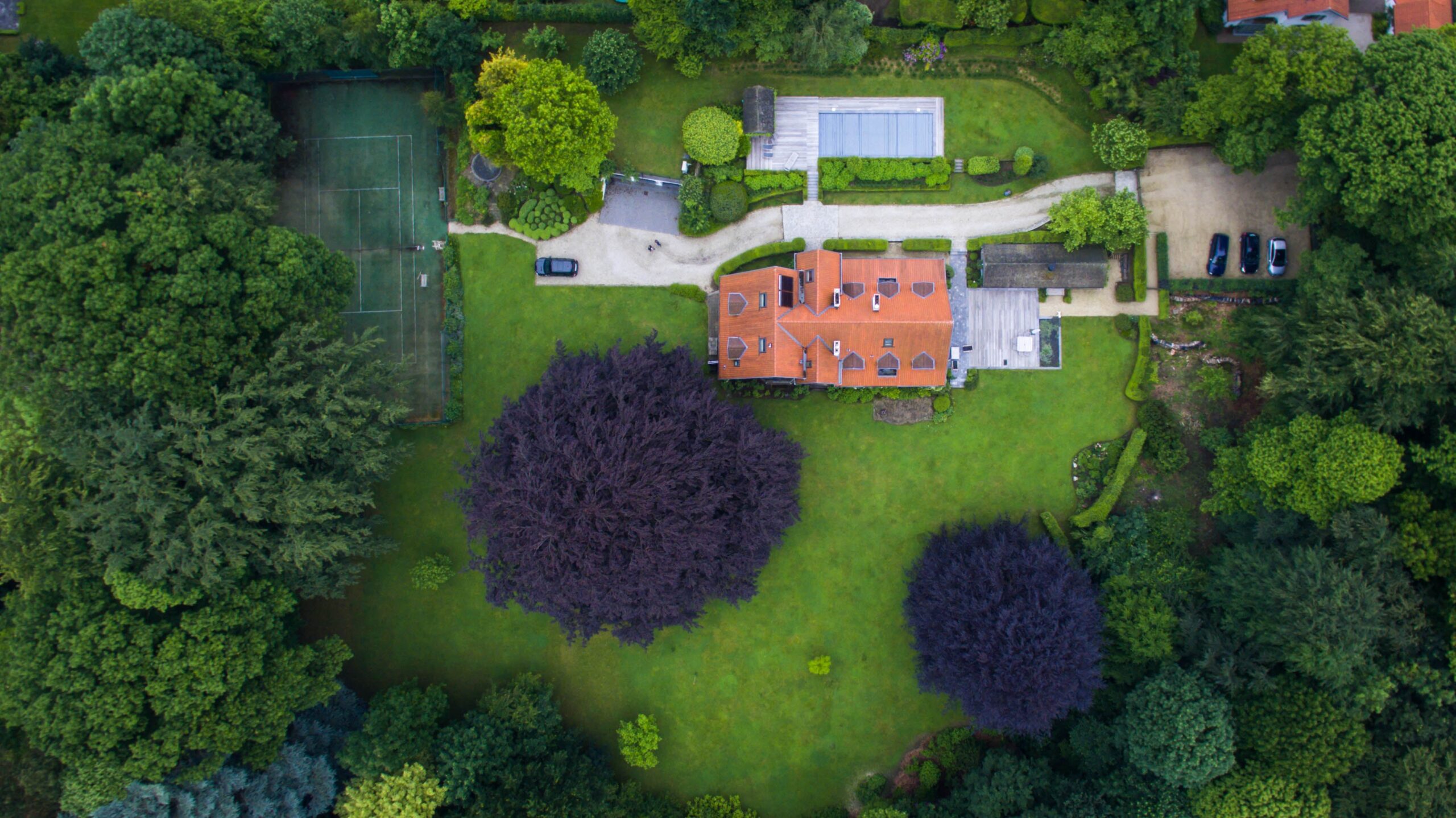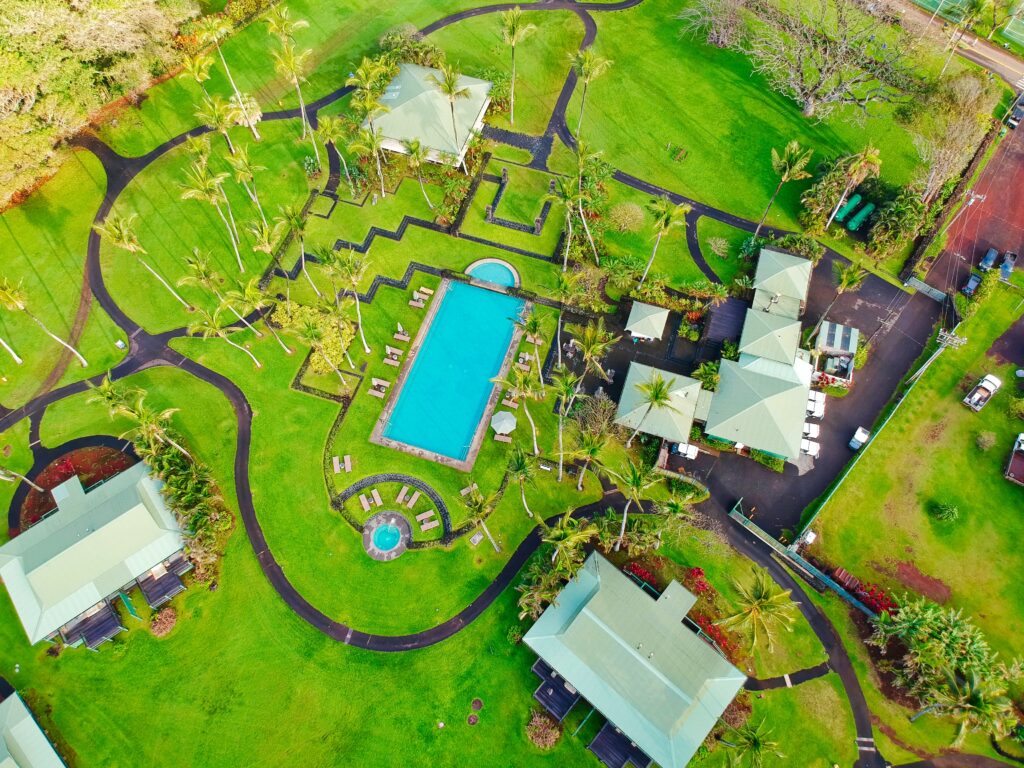If you’re considering getting an above ground pool, there are a few important things you should know beforehand. From understanding the size and shape options available, to considering the maintenance requirements and legal regulations, being informed will ensure you make the best decision that suits your needs. So, before you take the plunge into above ground pool ownership, let’s explore what you need to know.
This image is property of images.unsplash.com.
Location and Size
Choosing the right location
When it comes to choosing the right location for your above ground pool, there are a few key factors to consider. First and foremost, you’ll want to make sure you have a level and stable area to set up your pool. This will help prevent any issues with the pool’s structure and ensure a safe and enjoyable swimming experience.
It’s also important to think about accessibility. You’ll want to place your pool in a location that is easily accessible from your home, so you don’t have to trek across the yard every time you want to take a dip. Additionally, consider the amount of sunlight the area receives throughout the day. Most pools require a good amount of sunlight to maintain a comfortable water temperature, so choose a spot that gets plenty of sun.
Determining the appropriate size
The size of your above ground pool will depend on a few factors, including your budget, the available space in your yard, and how many people will be using the pool. Smaller pools are more budget-friendly and take up less space, making them ideal for smaller families or those with limited yard space. On the other hand, larger pools provide more room to swim and play, but they will require a bigger budget and more space.
Consider the primary use of your pool. If you plan on using it mainly for relaxation and cooling off, a smaller size may be sufficient. However, if you have children or plan on hosting pool parties, a larger pool will allow for more activities and accommodate more swimmers. Take measurements of your available space and discuss your options with a pool professional to determine the appropriate size for your needs.
Types of Above Ground Pools
Steel frame pools
Steel frame pools are a popular choice for many homeowners due to their durability and strength. These pools feature a galvanized steel frame structure that provides excellent stability, ensuring that the pool will withstand the test of time. The walls of steel frame pools are typically made of heavy-duty PVC or vinyl, which adds to their strength and resilience.
One of the key advantages of steel frame pools is their versatility. They are available in a wide range of sizes and shapes, allowing you to choose the perfect pool for your space. Steel frame pools are also known for their ease of maintenance, as the smooth surface of the pool walls makes it harder for algae and bacteria to adhere.
Resin frame pools
Resin frame pools are another popular option among homeowners. These pools feature a frame made of high-density resin, which is a strong and durable material. Resin frame pools are known for their resistance to corrosion and rust, making them a great choice for those living in coastal areas or areas with high humidity.
One of the advantages of resin frame pools is their aesthetic appeal. The resin frame is available in different colors and finishes, allowing you to customize the look of your pool. Additionally, resin frame pools tend to be quieter compared to steel frame pools, as they absorb sound vibrations better.
Hybrid pools
For those looking for the best of both worlds, hybrid pools offer a combination of steel and resin materials. These pools feature a steel wall structure combined with resin top rails and uprights. The use of both materials provides the benefits of both steel and resin frame pools, resulting in a pool that is sturdy, durable, and aesthetically pleasing.
Hybrid pools are a great choice for those who want the strength and stability of a steel frame pool, along with the corrosion resistance and customization options of a resin frame pool. They offer the perfect compromise for homeowners who want a pool that is built to last while still maintaining a visually appealing design.
Installation Process
Preparing the ground
Before you can install your above ground pool, it’s important to properly prepare the ground where it will be placed. Start by clearing the area of any debris, rocks, or large roots. Next, ensure that the ground is level and free of any uneven spots. This can be done by using a level or a string level to check for any dips or slopes.
Once the ground is clear and level, you’ll want to lay down a layer of sand or a pool pad to create a smooth and even surface for the pool. This will help protect the pool liner from any potential punctures or damage. Finally, it’s important to make sure that the ground is compacted and firm before proceeding with the pool installation.
Assembling the pool
Once the ground is prepared, it’s time to assemble your above ground pool. Follow the manufacturer’s instructions carefully and enlist the help of a friend or family member to make the process easier. Start by assembling the pool walls and securing them in place. Then, attach the top rails or resin caps to ensure stability and support.
Next, install the pool liner according to the manufacturer’s guidelines. Smooth out any wrinkles or folds to ensure a clean and even surface. Finally, attach the pool filter, pump, and any other accessories that come with your pool kit. Test the equipment to make sure everything is working properly before moving on to the next step.
Adding water and chemicals
With the pool assembled, it’s time to add water and chemicals to get it ready for swimming. Fill the pool with water according to the manufacturer’s guidelines, taking care not to overfill it. Once the pool is filled, it’s important to balance the water chemistry by testing the pH, alkalinity, and chlorine levels.
Maintaining proper water chemistry is essential for a clean and safe swimming environment. Regularly test the water and adjust chemical levels as needed. This will help prevent the growth of algae and bacteria and ensure that the water remains clear and inviting. Consult a pool professional or refer to the manufacturer’s instructions for specific guidance on chemical maintenance.
Cost Considerations
Initial purchase price
The initial purchase price of an above ground pool will vary depending on several factors, including the size, material, and accessories included. Smaller, basic models can range from a few hundred dollars up to around a thousand dollars. Larger, more advanced models with additional features can cost several thousand dollars or more.
When considering the initial purchase price, it’s important to also factor in the long-term cost of ownership. Cheaper pools may require more frequent maintenance or replacement parts, which can add up over time. Investing in a higher-quality pool may initially cost more, but it can save you money in the long run by reducing the need for repairs or replacements.
Maintenance expenses
In addition to the initial purchase price, it’s important to consider the ongoing maintenance expenses associated with owning an above ground pool. This can include the cost of water, electricity to operate the pool pump and filter, and chemicals to maintain water chemistry.
The cost of chemicals will vary depending on the size of your pool and the specific needs of your water. It’s important to budget for regular purchases of chlorine, pH adjusters, algaecides, and other necessary chemicals. Additionally, consider the cost of replacement parts, such as filters or pump motors, which may need to be replaced periodically.
Insurance costs
Before installing an above ground pool, it’s important to contact your insurance provider to discuss the impact on your homeowners’ insurance policy. Adding a pool to your property may increase your liability risk and potentially increase your insurance premiums.
It’s important to ensure that you have adequate liability coverage to protect against any accidents or injuries that may occur in or around your pool. Installing safety features, such as fencing or pool alarms, may help reduce your insurance costs. Be sure to discuss these options with your insurance provider to understand any potential discounts or requirements.
This image is property of images.unsplash.com.
Safety Measures
Fencing and barriers
One of the most important safety measures for an above ground pool is installing a fence or barrier around it. This helps prevent unauthorized access and reduces the risk of accidents, particularly for children or pets. The fence or barrier should be at least 4 feet tall and have a self-closing and self-latching gate.
Additionally, it’s important to regularly inspect the fence or barrier for any damage or wear. Repair or replace any damaged sections promptly to ensure continued safety and security. Remember that no safety measure is foolproof, so adult supervision is always essential when swimming or using the pool.
Pool covers
Using a pool cover when the pool is not in use is another effective safety measure. A sturdy and properly fitted pool cover can prevent accidental falls into the pool, especially for small children or pets. There are two main types of pool covers: solid covers and mesh covers.
Solid covers provide a barrier that completely blocks access to the pool, while mesh covers allow water to pass through but prevent people or debris from entering. Both types of covers can help keep the pool clean and safe when not in use. Make sure to choose a cover that is appropriate for your specific pool size and shape.
Pool alarms
Installing pool alarms is an additional layer of protection that can provide peace of mind. These alarms can detect motion or changes in water pressure and sound an alert if someone or something enters the pool area. Pool alarms are especially useful when children are present, as they provide an extra level of supervision and can alert adults to potential dangers.
There are various types of pool alarms available, including gate alarms, surface wave alarms, and submerged motion alarms. Choose the type of alarm that best suits your needs and ensure that it meets any local safety regulations or guidelines.
Maintenance Requirements
Cleaning and sanitization
Regular cleaning and sanitization are essential for maintaining the cleanliness and safety of your above ground pool. This includes skimming the surface of the water to remove debris, vacuuming the pool floor, and brushing the walls and steps to prevent algae growth.
Pools should be treated with appropriate sanitizers, such as chlorine or bromine, to kill bacteria and prevent the spread of waterborne illnesses. Regularly test the water and adjust the sanitizer levels as needed to maintain proper balance.
Water chemistry
Maintaining proper water chemistry is crucial for the longevity of your pool and the health of those using it. This includes regularly testing the pH, alkalinity, and chlorine levels and adjusting them as necessary. Improper water chemistry can lead to cloudy water, algae growth, and irritation to the skin and eyes.
Consider using a pool test kit or taking a water sample to a professional for accurate testing. They can provide guidance on the appropriate levels for your specific pool and recommend any necessary adjustments.
Equipment upkeep
Regular maintenance of pool equipment is important to ensure optimal performance and prevent any potential issues. This includes cleaning or replacing the pool filter as needed, checking and lubricating o-rings, and inspecting the pump and motor for any signs of wear or damage.
Be sure to follow the manufacturer’s guidelines for equipment maintenance and consult a pool professional if you have any concerns or questions. Proper care of your pool equipment will help extend its lifespan and keep your pool running efficiently.
This image is property of images.unsplash.com.
Local Regulations
Obtaining necessary permits
Before installing an above ground pool, it’s important to determine if any permits or approvals are required by your local government or homeowner’s association. These requirements can vary depending on your location, so it’s essential to research and comply with the relevant regulations.
Contact your local building department or zoning office to inquire about any necessary permits for pool installation. Obtain the required permits and ensure that your pool installation meets all applicable safety codes and guidelines.
Complying with safety codes
In addition to obtaining permits, it’s crucial to adhere to local safety codes when installing and maintaining an above ground pool. These codes are in place to ensure the safety of pool users and prevent accidents or injuries.
Common safety code requirements for above ground pools include proper fencing and barriers, safe access to the pool, and compliance with electrical and plumbing regulations. Make sure to familiarize yourself with these requirements and ensure that your pool meets all applicable safety codes.
Landscaping and Aesthetics
Integrating with the surroundings
One of the benefits of an above ground pool is the ability to integrate it seamlessly with your existing outdoor space. Consider the overall design and style of your yard and choose a pool that complements the aesthetics of your home and landscape.
You can enhance the visual appeal by surrounding the pool with landscaping elements, such as shrubs, flowers, or decorative rocks. Additionally, consider incorporating furniture or accessories that match the style of your pool and create a cohesive outdoor living area.
Decking options
Adding a deck around your above ground pool not only enhances the aesthetics but also provides a functional space for relaxation and entertainment. There are several decking options available, including wood, composite, and PVC materials.
Wood decking provides a natural and warm look, but it requires regular maintenance, such as staining or sealing, to prevent weathering and deterioration. Composite and PVC decking are low-maintenance alternatives that offer durability and longevity with minimal upkeep.
Consider the size and shape of your pool when designing your deck and ensure that it meets any local building codes or regulations.
Landscaping ideas
Incorporating landscaping around your above ground pool can enhance its overall appearance and create a more inviting and tranquil atmosphere. Consider planting shrubs, tall grasses, or potted plants around the pool area to add greenery and privacy.
Using decorative rocks or mulch can help define the pool area and create a visually appealing border. Consider adding a water feature, such as a fountain or waterfall, to enhance the ambiance of your pool and create a relaxing oasis.
Longevity and Durability
Materials and construction quality
The longevity and durability of an above ground pool are influenced by the materials used and the overall construction quality. Opt for pools made from high-quality materials, such as galvanized steel or high-density resin, as they are more resistant to corrosion, rust, and damage.
Inspect the overall construction of the pool, including the frame, walls, and accessories, to ensure solid and secure build quality. Look for features like reinforced seams, sturdy supports, and durable hardware that will contribute to the pool’s longevity.
Warranty coverage
When choosing an above ground pool, it’s important to consider the warranty coverage provided by the manufacturer. A comprehensive warranty can provide peace of mind and protection against any potential defects or issues with the pool.
Review the warranty details carefully, paying attention to the length of coverage, what is included, and any limitations or exclusions. Consider choosing a pool with a longer warranty period and a reputable manufacturer to ensure the best possible support and protection.
Additional Features and Accessories
Pool lights
Pool lights are a popular addition to above ground pools, as they enhance both the safety and aesthetics of the pool. Installing underwater lights not only allows for swimming at night but also creates a beautiful and inviting ambiance.
There are various types of pool lights available, including LED lights, fiber optics, and solar-powered lights. Consider the size and shape of your pool, as well as your specific lighting preferences, when choosing the best option for your needs.
Slides and diving boards
Slides and diving boards can add an extra element of fun to your above ground pool, especially if you have children or enjoy entertaining guests. However, it’s important to ensure that your pool is designed to accommodate these features and that they meet any local safety regulations.
In general, above ground pools are not designed for diving, so using diving boards may not be recommended. However, some pools may have specific designs or features that allow for safe diving. Consult a pool professional to determine if a diving board or slide is compatible with your pool.
Heaters and heat pumps
If you live in a cooler climate or want to extend your swimming season, adding a heater or heat pump to your above ground pool can make it more comfortable and enjoyable. These devices allow you to maintain a consistent water temperature, even on cooler days or during the evenings.
There are several options available, including electric heaters, gas heaters, and heat pumps. Consider the cost of operation, energy efficiency, and the specific requirements of your pool when choosing the best heating option.
In conclusion, before getting an above ground pool, it’s important to consider a wide range of factors. From choosing the right location and size to selecting the type of pool and considering safety measures, maintenance requirements, and local regulations, there are various aspects to take into account. Additionally, factors such as cost considerations, landscaping and aesthetics, longevity and durability, and additional features and accessories should be carefully considered. By thoroughly researching and understanding these aspects, you can make an informed decision and enjoy a safe, enjoyable, and long-lasting above ground pool experience.









